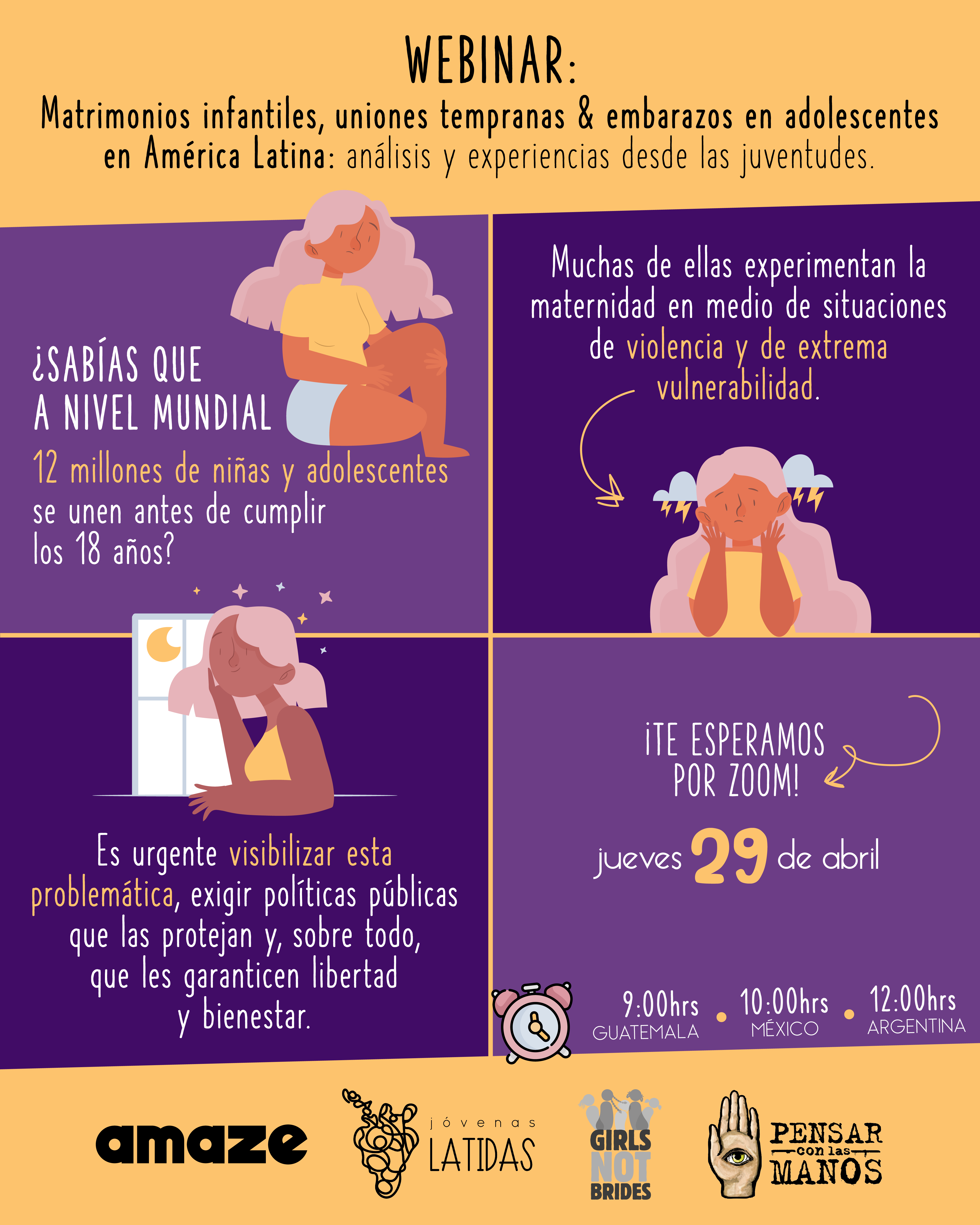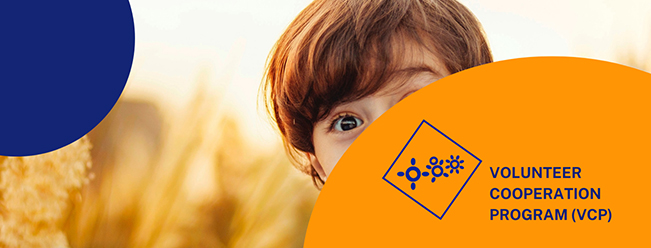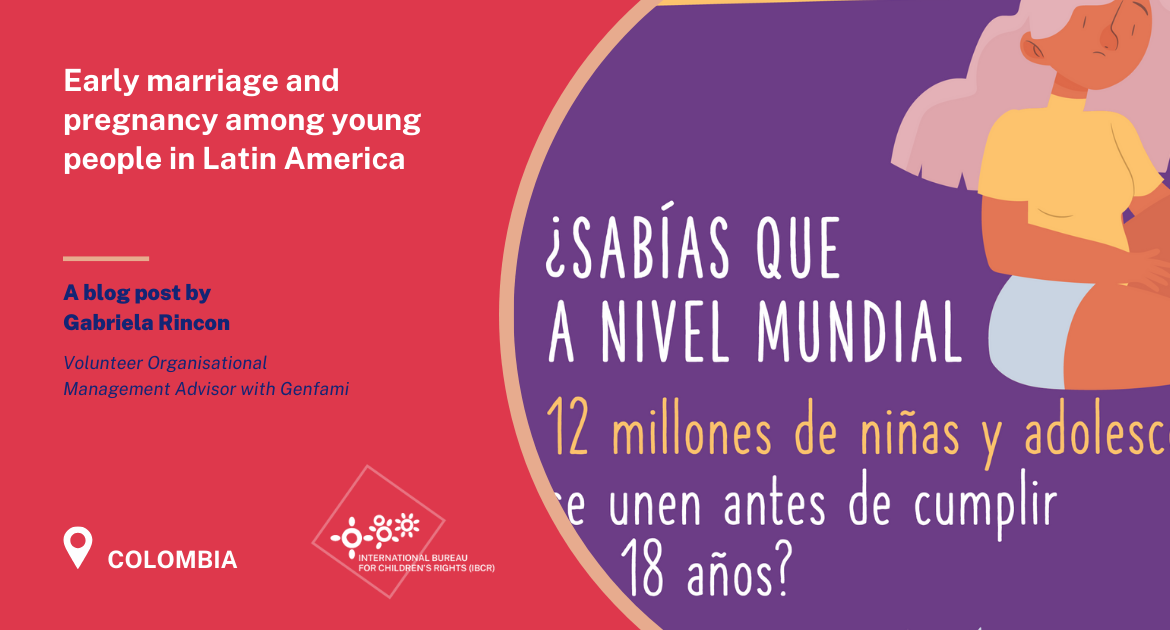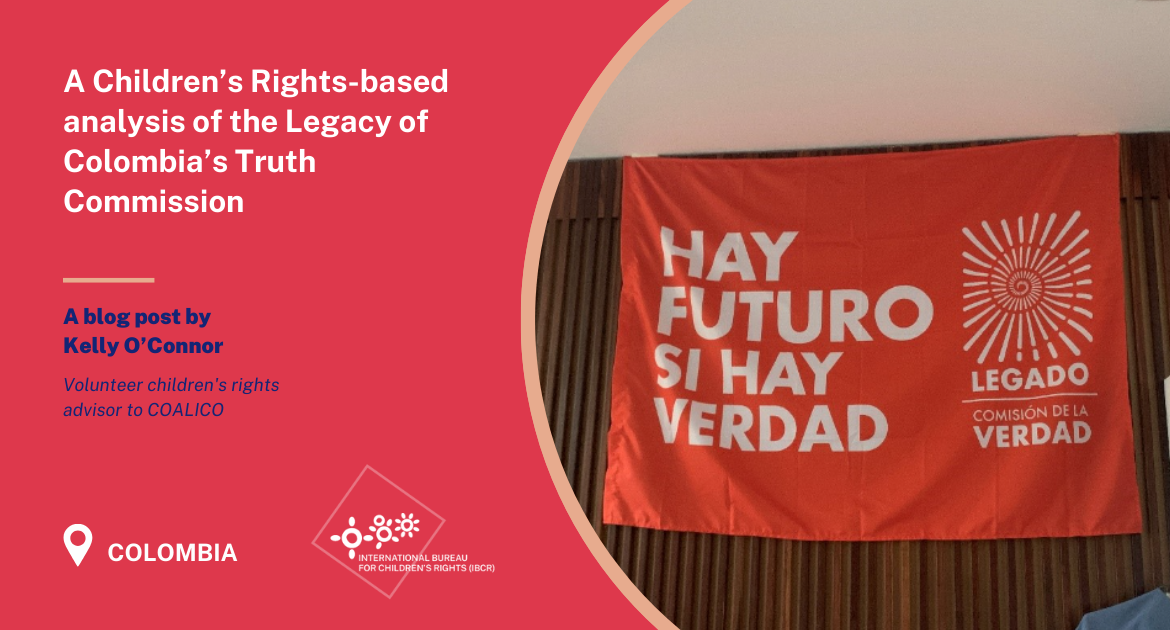*Free translation that may contain errors. Read the blog post in its original language (Spanish)
As a volunteer of Genfami, a partner organisation of the Project for the Integral Strengthening of Children's Rights (PRIDE) in Colombia, I had the opportunity to participate on 29 April in the AMAZE[1] initiative of Girls Not Brides[2], an initiative of which GENFAMI has been a member since April this year.
The activity consisted of an international webinar on issues of child marriage, early marriage and pregnancy among young people in the region. The webinar was led by youth activists from the collective Jóvenes latidas[3], an autonomous movement formed and led by various young women in Latin America, which strives to make visible the situation of girls, especially in relation to comprehensive sexuality education and early pregnancy.
At the event, the difference between child marriage and early marriage was discussed. In Colombia, "the marriage of a person over 14 and under 18 years of age is allowed by law with the written permission of the parents"[4]. The problem with this type of union or marriage is the normalisation of early sexuality in society and the violation of the rights of the girl child[5]. Moreover, these phenomena encourage young girls to become pregnant at an early age [6], which increases the risk of mortality, making this phenomenon the second leading cause of death among children under 18.

The various causes that lead to the high prevalence of these issues in Latin America were also discussed. On the one hand, the main factor is gender inequality
The main factor is gender inequality, starting from the birth of girls, based on different norms and stereotypes. For example, it is common for girls to be taught about motherhood and reproduction, which leads parents to make a life plan for the girl child without including her in this process. In this way, parents, ignoring and reproducing cultural patterns, act to the detriment of their own daughter's rights, disregarding the opinion she may form on this issue throughout her life. On the other hand, girls who are victims of these phenomena are often unaware that they are victims, do not know their rights and may feel pressured to enter into relationships with people much older than themselves. Sometimes these relationships are accepted and other times they are openly forced. In countries such as Colombia, there may be the presence of family tradition with several generations of women engaged before the age of 18. In addition, in many areas where these phenomena occur, comprehensive sexual and reproductive health and education services are limited or non-existent.
Through this activity, I learned about the negative impact on children's rights, especially those of girls, of certain socio-cultural customs present in Latin America and gained a better understanding of the importance of community awareness in order to prevent these situations from recurring. I also became aware of the need to promote the inclusion of girls in every process, in every initiative and in public policy decisions in order to strengthen gender equality and thus reduce the presence of these issues in Latin America. Thus, as a volunteer cooperant in organisational management, during the development of my mandate with GENFAMI, I will be able to focus on studies and research aimed at raising awareness and preventing MUITF and promoting social changes related to this type of practice through the improvement and development of organisational management tools to support strategies, formulate and manage projects that guarantee and strengthen the protection of children's rights, especially those of girls, and gender equality. It is important for IBCR and Genfami to eliminate all forms of discrimination and violence against all girls and women in the public and private spheres, such as child, early and forced marriage.
References:
[1] AMAZE works for 21st century comprehensive sexuality education (CSE), and for 21st century adolescents and youth.
[2] Girls Not Brides is made up of over 1500 organisations whose aim is to end child marriage and enable girls to fulfil their potential.
[3] Jóvenes latidas is an autonomous movement formed and led by various young Latin American women.
[4] Colombian Civil Code [CCC]. Law 57 of 1887. Arts. 117 and 140. 15 April 1887 (Colombia).
[5] According to the Integrated Information System on Gender Violence, "from the age of 10, the risks of unions and early marriage and pregnancy, sexual exploitation, trafficking in persons for sexual exploitation increase".
[6] In 2020, an analysis by the Colombian Ministry of Health and Social Protection revealed that "approximately 6,000 children are born each year to girls under the age of 14".
Interested in working with GENFAMI?
Find out more about our open voluntary cooperation mandates
KEEP ME INFORMED OF UPCOMING VOLUNTEERING OPPORTUNITIES

Volunteer cooperation program funded by Global Affairs Canada.







